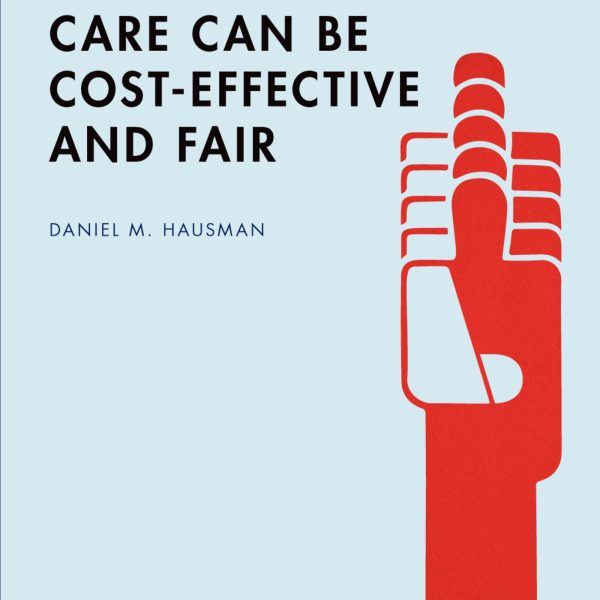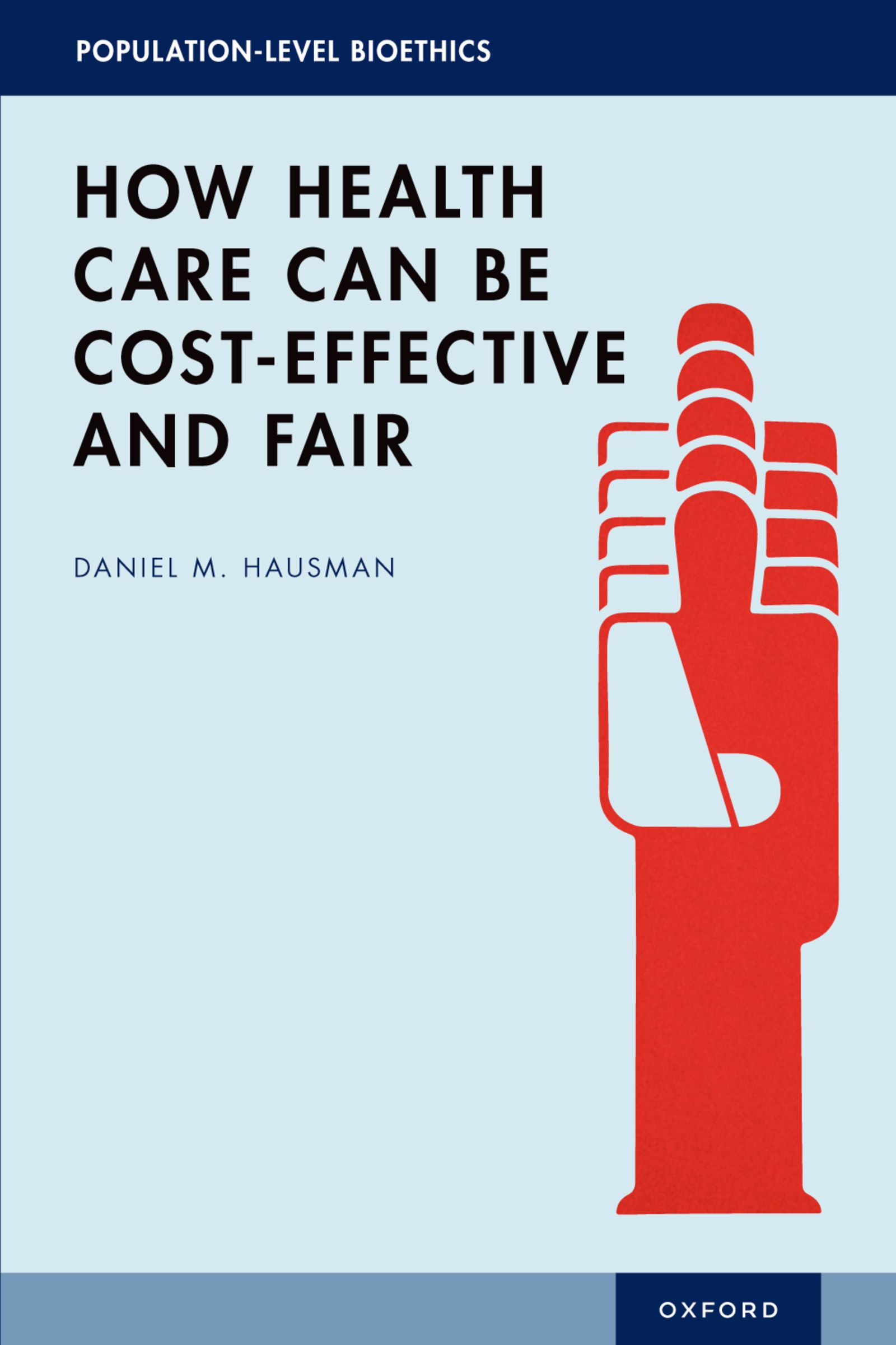-47%
The Ethical Conundrum of Cost-Effectiveness in Healthcare
Cost-effectiveness has emerged as a prominent guiding principle in healthcare allocation, seeking to maximize population health outcomes with limited resources. However, this approach has faced ethical scrutiny, with critics alleging its inherent unfairness.
Criticisms of Cost-Effectiveness
Critics contend that cost-effectiveness reasoning suffers from several ethical shortcomings:
- Ignoring Distributive Justice: Cost-effectiveness prioritizes population health over individual needs, potentially disregarding equitable distribution of healthcare resources.
- Severity of Illness: Critics argue that cost-effectiveness undervalues the severity of illness, potentially leading to the neglect of individuals with more serious conditions.
- Discrimination: Cost-effectiveness models may perpetuate existing biases and discrimination against marginalized populations, such as the disabled and historically underprivileged.
Hausman’s Response
Author Daniel M. Hausman, while acknowledging the concerns raised, advocates for the continued use of cost-effectiveness as a guiding principle in healthcare allocation. However, he emphasizes the need to consider additional ethical factors:
Fair Chance Principle
Hausman proposes a “fair chance” principle, which ensures that all individuals have a reasonable opportunity to access healthcare, regardless of their inherent characteristics or socioeconomic status. This principle recognizes the importance of addressing discrimination and historical disparities in healthcare provision.
Values Beyond Well-Being
Hausman argues that healthcare should not solely focus on maximizing population health but also consider other ethical values, including compassion, freedom, respect, and solidarity. These values should guide decision-making alongside the goal of promoting well-being.
Respect for Individual Choices
In promoting population health, healthcare should remain responsive to individual values and choices. Respecting patient autonomy and preferences is crucial to ensuring that healthcare decisions align with the ethical principles of fairness and dignity.
Conclusion
The ethical implications of cost-effectiveness in healthcare remain complex and multifaceted. While cost-effectiveness provides a valuable tool for resource allocation, it must be tempered by ethical considerations such as distributive justice, fair chance, and respect for individual values. By integrating these principles into healthcare decision-making, we can strive for a healthcare system that is both effective and equitable, promoting the well-being and dignity of all individuals.
maybe you like these too:
- Population Health: A Primer (Original PDF from Publisher)
- Legal and Ethical Issues for Health Professionals, 5th Edition (Original PDF from Publisher)
- Contemporary Health Promotion In Nursing Practice
- Applied Health Economics for Public Health Practice and Research (Handbooks in Health Economic Evaluation) (Original PDF from Publisher)










Reviews
Clear filtersThere are no reviews yet.